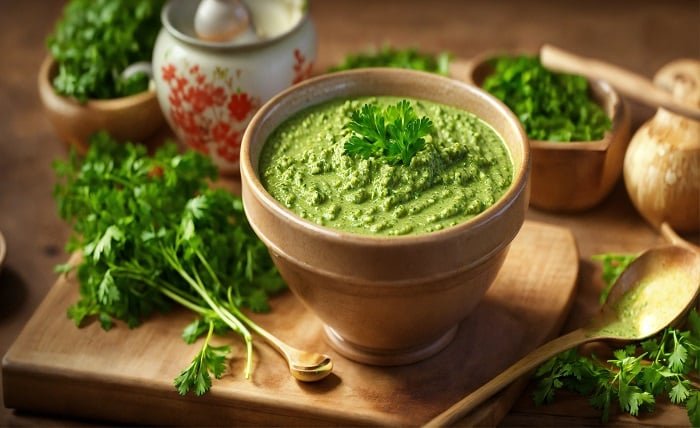Exploring the Concept of “Chut”: Meaning, Importance, and Cultural Perspectives

Introduction
The word “Chut” is commonly used in various contexts across different cultures. It holds unique meanings depending on the region, language, and social practices. While it might seem like a simple term, “Chut” has layered significance in terms of both language and cultural contexts. In this blog post, we will explore the different meanings and uses of the term “Chut,” its implications, and its role in cultural expressions.
Understanding the context in which “Chut” is used is key to appreciating its significance. In various languages, this term can have diverse meanings ranging from neutral to colloquial, and sometimes, it may even have negative connotations. Let’s dive deeper into its evolution and relevance in the world today.
The Meaning of “Chut” in Different Languages
“Chut” has multiple interpretations in different languages and regions. For example, in Hindi, the word “Chut” is often used to refer to a certain part of the human body, but it is more frequently used informally or in slang contexts. It’s a word that may evoke strong reactions, depending on the setting.
In other languages, “Chut“ might appear in different forms but can still carry a similar essence. Whether it’s being used in a playful or derogatory manner, its impact remains significant. Understanding the origins of the word in different linguistic contexts can provide a clearer perspective on its use and meaning across societies.
“Chut” in Cultural and Social Contexts
Beyond its linguistic meanings, the term “Chut” holds various social and cultural implications. In some cultures, it’s used as an exclamation to express surprise or frustration. Depending on the cultural framework, it may be seen as a taboo term, or it may be more acceptable in casual conversation.
In some social settings, the word “Chut” can signify authority, dominance, or a lack of respect. On the other hand, it could also be used humorously among friends, especially in informal, light-hearted exchanges. Its usage can vary significantly from one region to another, making it a complex and dynamic term in terms of social behavior and etiquette.
The Use of “Chut” in Modern Pop Culture
In modern pop culture, terms like “Chut” have gained traction, especially with the rise of social media and online communities. Many terms, previously considered private or taboo, have become popularized as part of memes, internet slang, and casual conversations. This shift reflects how language evolves and adapts over time to fit the digital age.
“Chut” has also made its way into music, films, and television shows, often used to create comedic or dramatic effects. The way it’s used in media reflects the changing attitudes towards traditionally taboo words and phrases. While some people embrace this shift, others may still find the casual use of “Chut” inappropriate, underlining the varying cultural sensitivities around language use.
The Psychological Impact of Using “Chut”
Using a term like “Chut” can have different psychological effects depending on the context. For the speaker, using this word can create a sense of empowerment, release of tension, or connection with others who understand its informal use. However, it can also be perceived as disrespectful or offensive, leading to feelings of guilt or social exclusion, especially when used in the wrong context.
On the listener’s side, hearing “Chut” can trigger different responses based on the tone, intent, and relationship between the speaker and listener. If used among close friends or in a casual setting, it may be overlooked or laughed off. However, in professional or formal contexts, it might lead to negative reactions, affecting relationships and reputations.
Why “Chut” Is Considered Taboo in Some Societies
Despite its widespread use in certain social circles, “Chut” remains a taboo word in many societies. It’s considered inappropriate due to its strong association with bodily parts and functions, often used to insult or degrade. Societies that value decorum and respect in speech often discourage the use of such words in public discourse.
The stigma around “Chut” reflects broader societal norms regarding decency and the regulation of language. Many cultures place a high premium on polite and respectful speech, especially in formal situations or among strangers. As such, words like “Chut” challenge these conventions, leading to their exclusion from polite conversation.
Conclusion
In conclusion, the word “Chut” is far from just a simple term. Its significance is layered, shaped by linguistic, cultural, and social influences. From its varying meanings across languages to its complex role in different societies, “Chut” is a term that has evolved and adapted to the changing dynamics of human communication.
Whether used humorously among friends or in more serious contexts, the term holds a significant place in both popular culture and daily conversations. Its taboo status in certain settings highlights the tension between freedom of expression and societal norms. Understanding when and how to use such words can help navigate the complexities of language and its impact on relationships and social structures.
FAQs
1. What is the meaning of “Chut” in different languages?
“Chut” has different meanings depending on the language. In Hindi, it refers to a part of the human body and can also be used informally in slang contexts.
2. Why is “Chut” considered taboo in some cultures?
“Chut” is considered taboo in certain cultures because of its association with bodily parts and functions. It can be used insultingly, which leads to its exclusion from polite speech in formal settings.
3. How is “Chut” used in modern pop culture?
In modern pop culture, “Chut” has gained popularity, particularly on social media, where it’s often used in memes, internet slang, or casual conversation. Its usage in media often reflects changing attitudes towards taboo words.
4. What psychological effects can using “Chut” have?
Using “Chut” can have varying psychological effects. It can create feelings of empowerment or release of tension but may also result in guilt or social exclusion if used in inappropriate contexts.
5. How does the use of “Chut” differ across social contexts?
The use of “Chut” varies significantly across different social contexts. It may be seen as humorous or acceptable among close friends, but in formal or professional settings, it could lead to negative reactions due to its offensive nature.




